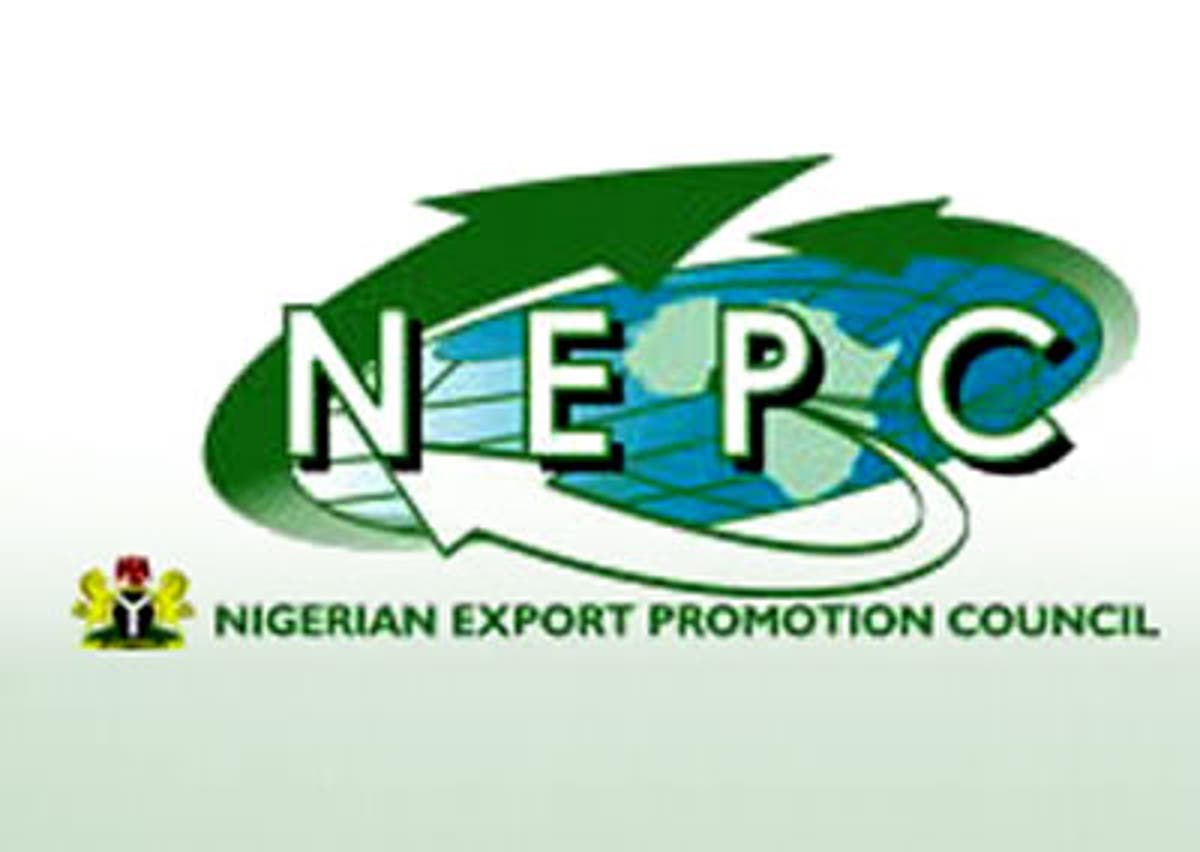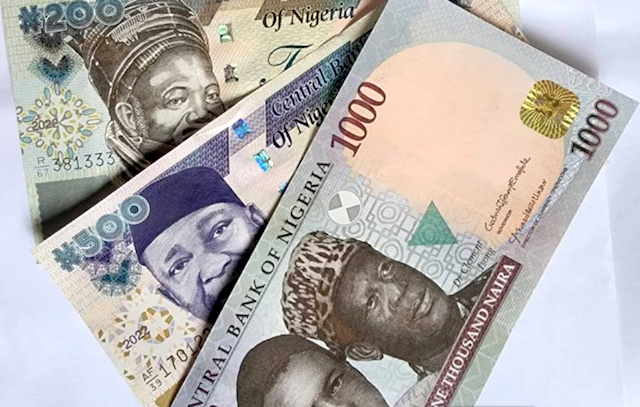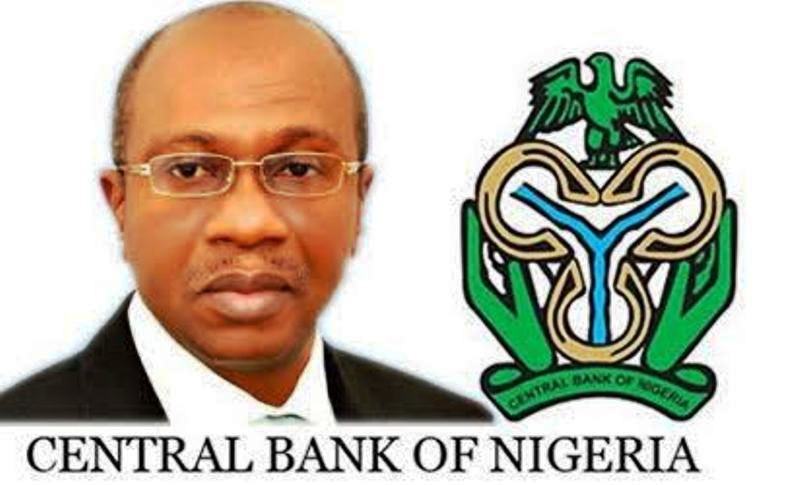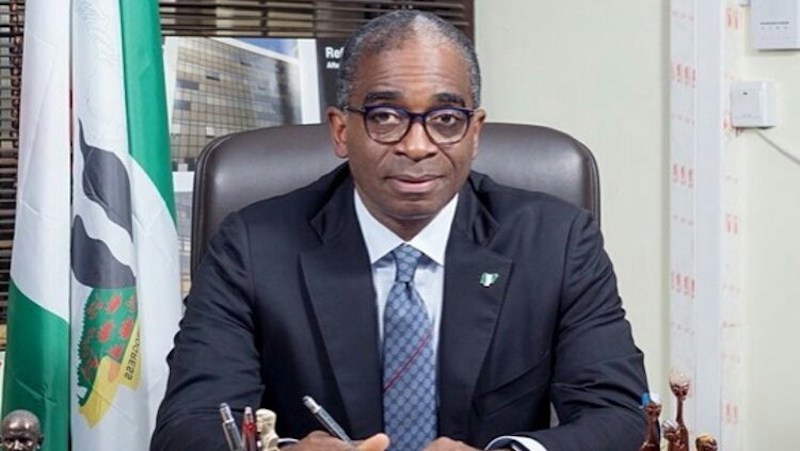Nigerian Export Promotion Council (NEPC) has announced that the country’s non-oil exported products in the half-year of 2025 were valued at 3.225 billion dollars.
Director-General of the council, Mrs Nonye Ayeni, disclosed this to newsmen while presenting a report on the first half of 2025 Non-Oil Export Performance, in Abuja on Sunday.
Ayeni said that the report was aimed at providing a comprehensive overview of the council’s achievements, challenges and prospects.
“I am pleased to inform you that non-oil products exported in the first half of 2025 were valued at 3.225 billion dollars.
“This shows an increase of 19.59 per cent as against the sum of 2.696 billion dollars recorded for the first half of the year 2024.
“The volume also increased to 4.04 million metric tonnes, compared to the 3,83 million metric tonnes for the same period of 2024,” she said.
The director-general recalled that in April, Nigeria’s non-oil products exported in the first quarter of 2025 recorded a significant value of 1.791 billion dollars.
She said that the figure represented a 24.75 per cent increase over the 1.436 billion dollars reported in the first quarter of 2024.
Ayeni said that the volume also increased to 2.416 million metric tonnes, representing a 24.3 per cent increase from the 1.937 million metric tonnes recorded in the first quarter of 2024.
She further stated that a total of 236 different products were exported in the first half of the year.
This, the director-general said, represented an increase of 16.83 per cent compared to the 202 distinct products exported in the first half of 2024.
She said that the products exported included agricultural commodities and extractive industries as well as manufactured and semi-processed products.
“However, it is pertinent to state that the non-oil export of Nigerian products is gradually diversifying from traditional agriculture exports to semi-manufactured products,” she said.
Ayeni noted that based on the data received from Pre-shipment Inspection Agents (PIAs), of the top 20 products exported in the first half of this year, cocoa beans was the highest
She said that the product had 34.88 per cent value in terms of total export compared to 23.18 per cent for the same period in 2024.
“Urea/fertiliser came second with 17.65 per cent as against 13.78 per cent for the first half of 2024,” she added.
The director-general said that African Continental Free Trade Area (AfCFTA) had helped in providing wider market access and tariff relief for Nigerian exporters.
She also said that the council had some export intervention programmes, such as capacity-building on quality and standards, packaging and labelling, export documentation and certifications.
“During the period under review, the council also facilitated market access and market linkage programmes for our exporting companies, thereby, giving their products more visibility in the global market.
“The growth in value-added exports improved earnings, as more exporters are now imbibing the culture of value addition to their products.
“The rising demand from emerging economies, such as India, Brazil, Vietnam and Africa have, however, increased Nigeria’s non-oil export volumes and diversity,” she said.
Ayeni expressed the council’s commitment to working with Ministry of Industry, Trade and Investment and other relevant stakeholders to sustain the strong performance by increasing the volume and value of non-oil exports from Nigeria.
The efforts, she said, were in alignment with the President Bola Tinubu-led administration’s Renewed Hope Agenda and the policy drive of the ministry.






